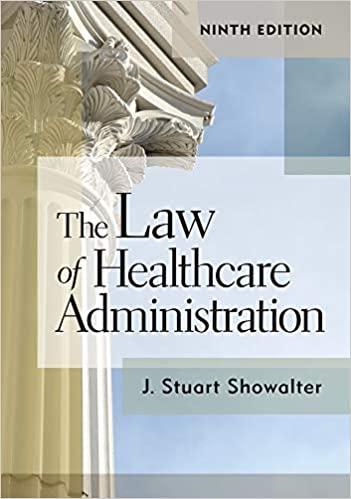Question
In the early afternoon, three Nucor electricians got a call from their Hickman, Arkansas, plant colleagues. The Hickman mill's electrical grid had failed, which meant
In the early afternoon, three Nucor electricians got a call from their Hickman, Arkansas, plant colleagues. The Hickman mill's electrical grid had failed, which meant the mini-mill couldn't melt the usual auto parts, appliances, and mobile home parts it uses to produce steel. But why should an outage in Arkansas concern anyone at plants in other Nucor locations? Here's why. At Nucor, steelworker production bonuses are based not only on what their own mill does, but on how others fare also. When a grid goes out, it hurts all. That's why when Hickman's electrician colleagues called for help, people didn't need top management to tell them to go; they responded on their own. Two electricians from the company's South Carolina plant boarded the first plane they could get to Memphis. Arriving at 11:00 p.m., they rented a car and drove two hours directly to the Hickman mill. The third electrician, from the company's Decatur, Alabama, plant, was in Indiana, visiting another Nucor site. He immediately drove to Hickman. Combined with Hickman staff, they camped out on site and worked 20-hour shifts to mobilize the plant in three daysmuch less than the anticipated week. They received no extra pay for their effort. Why would they do such a thing? It's because of Nucor's unique way of motivating their workforce and the strong family bond throughout its employment ranks. First, there's pay. Nucor steelworkers make only about $10 hourly, compared to the typical steelworker's $16 to $21 hourly. Managers also earn salaries as much as 20 percent below what competitors pay. But what a difference incentives can make! Based on previous production incentives for their mills, Nucor's steelworkers have averaged $79,000 in pay and incentives. Nucor also has participated in company profit sharing, in which bonuses vary from year to year. In good years, employees earned a $20,000 one-time bonus, bringing the total to $99,000. Workers' incentives are tied not only to quality production in their own mill, but also to that of other mills and overall company profits. They can track their performance each week, so they know exactly where they stand. However, it's more than just dollars that make Nucor special. The company became the darling of the late 1980s when its unique "pay for performance" system was implemented under then CEO Ken Iverson. Iverson insisted on a culture resulting in employees feeling like owners. In addition to their pay system, Iverson empowered employees to make critical decisions, implement their ideas, and take risks. The rest is history. Operating in a single North Carolina location then, and in an underdog role to U.S. Steel and other giants, the lean mini-mill company in 2013 had approximately 22,000 employees and was the largest steel producer in the United States, with revenues of $18.91 billion. Between 2002 and 2006 its 387 percent return to shareholders beat almost all companies listed in the Standard and Poor's stock index. However, like most companies, Nucor's market value suffered due to the Great Recession. Successful organizations, like Nucor, take advantage of down times to strategically position themselves for when things improve. Analysts predict as the economy gets stronger, Nucor's sales, revenues, and earnings per share will grow again. The Nucor culture includes some symbolic actions, like every employee's name being placed on the cover of the annual report. There's something egalitarian in the culture as well, such as present CEO Daniel DeMicco flying commercial jets rather than having his own, finding his own parking space in the headquarters lot like every other employee, or making the coffee when it's his turn. In 2005, when the average CEO pay of big companies averaged 400 times that of the hourly employee, at Nucor, DiMicco's was 24 times that of his steelworkers. Plant managers' incentives are based on the company's overall return on equity, rather than specific results from their own mill. As one stated, "At Nucor, it's not my plant versus someone else's, as they're all 'our' plants. When one plant has a problem it's everyone's problem."
CASE QUESTIONS
1. What are the most relevant concepts from the chapter reflected at Nucor? Comment specifically about the following: Maslow's hierarchy of needs Herzberg's motivation-hygiene theory Expectancy theory Equity theory Goal-setting theory
Step by Step Solution
There are 3 Steps involved in it
Step: 1

Get Instant Access to Expert-Tailored Solutions
See step-by-step solutions with expert insights and AI powered tools for academic success
Step: 2

Step: 3

Ace Your Homework with AI
Get the answers you need in no time with our AI-driven, step-by-step assistance
Get Started


